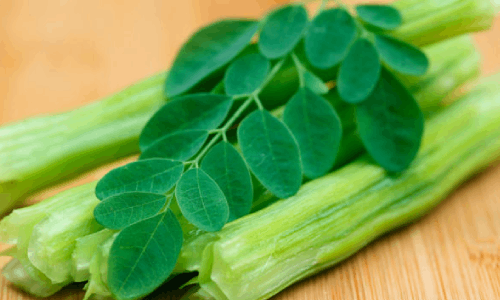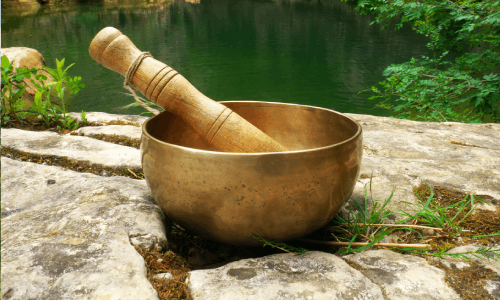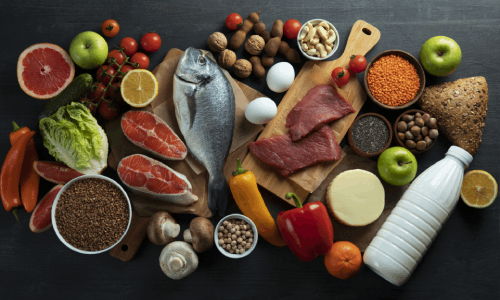Do you have hypothyroidism ? If yes, then this Ayurvedic recipe is for you! You can include this Ayurvedic recipe for hypothyroidism in your everyday diet to get better effects. The main essence of the recipe is Moringa or Shigro. Drumsticks and the fresh leaves are the main ingredients of the recipe. Moringa, the superhero plant, is packed with nutrients. It’s like a nutritional powerhouse, loaded with vitamins, minerals, antioxidants, and some compounds that might have anti-inflammatory properties. People in various cultures have traditionally used Moringa to boost energy and enhance overall health. The moringa plant grows in both Asia and Africa. Another name for it is the “miracle tree” or “drumstick tree.” Its rise in popularity can be attributed to its positive impact on health; moreover, it is also due to its nutrient-rich composition The recipe Ingredients: Washed fresh drumstick leaves (3 bunches around 500 g) Ghee/ coconut oil – 1 tablespoon Mustard seeds – 1/4 teaspoon Cumin seeds – 1/4 teaspoon Grated coconut – quarter to half cup Onion – 1 small Garlic – 3 one-inch piece Turmeric – 1 teaspoon Red chilli powder – 1/2 tablespoon Curry leaves – 5 Whole green chilly split – 2 Method of preparation: First, wash fresh drumstick leaves, and then squeeze the water off completely. Finely chop them and place it over a clean cloth to absorb water else; the dish will turn mushy if there is water content in it. In a blender, add grated coconut, garlic, cumin, turmeric, and red chilly powder and make a coarse paste. In a pan, on medium flame, add ghee. To this, splutter mustard seeds, curry leaves, chopped onions, and then add the leaves and saute. Once the leaves soften, add the coconut paste prepared earlier. First, add salt; then, cover, and finally, cook for 10-15 minutes on a low flame You can have this as a side dish with rice. Moringa is beneficial for hypothyroidism, but it should be noted that this ayurvedic recipe cannot provide a complete cure for hypothyroidism. However, hypothyroidism can be reversed with dietary and lifestyle changes and Ayurvedic medicines. You won’t have to depend on thyroid medicines any more! If you are struggling with any health issues, you can either book a consultation with us or send us a message via WhatsApp to +91 79074 89839. We have the best Ayurvedic doctors in Trivandrum who are always glad to help you. If you have any queries, contact us. You can also visit us at our hospital.
Hypothyroidism Diet : Ayurvedic Recipe for Thyroid Balance









